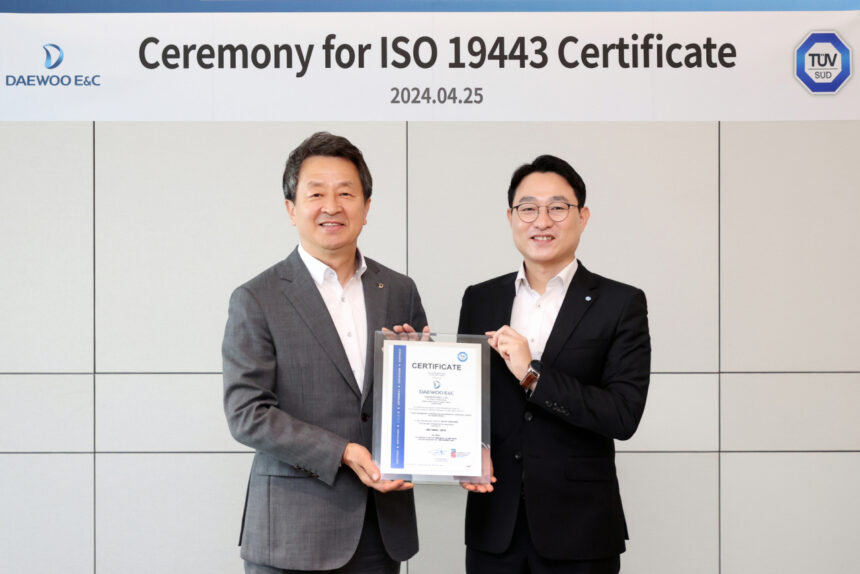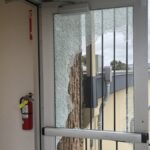Daewoo Engineering & Construction is expanding its eco-friendly technology portfolio amid growing calls for green energy solutions to tackle the climate crisis.
One of the builder’s notable innovations is greenhouse gas reduction technology, called DECO2, a proprietary continuous process for capturing and recycling carbon dioxide, first developed in 2012.
This technology captures carbon dioxide and repurposes it into raw materials. By-products from this process can be used immediately as desulfurizers in thermal power plants and, when processed, can serve various applications, including fertilizers and construction materials.
The DECO2 technology was initially acknowledged in 2012 for its ability to capture 10 metric tons of carbon dioxide daily and was selected as a national research project.
From 2015 to 2020, Daewoo E&C, in collaboration with Korea South-East Power and the Korea Testing & Research Institute, successfully developed technology to capture 40 tons of carbon dioxide daily.
The company is now on track to develop technology capable of capturing 400 tons daily.
To address the increased demand for nuclear power due to the recent surge in petroleum prices and CF100 energy initiatives, Daewoo E&C is broadening its investments to secure the quality and safety required for nuclear construction. The builder has recently been selected as the preferred bidder for constructing nuclear power plants in the Czech Republic.
As part of this effort, Daewoo E&C acquired ISO 19443 certification in April, becoming the first among domestic builders to do so. This certification, issued by the European global certification body TUV SUD, is a prerequisite for nuclear equipment and service supply in major European countries.
In response to the mandatory assessment of aircraft collision stability in nuclear power plant construction following the 9/11 attacks, Daewoo E&C has incorporated this stability assessment technology for domestic and international nuclear plants. In addition, to prevent potential radioactive leakage, the company has also acquired technology to analyze hydration heat in mass concrete structures, addressing issues from minor cracks to seismic and external impacts.
Additionally, the company is expanding into the offshore wind power sector. In June, Daewoo E&C and the Dutch offshore wind company Monobase Wind jointly developed a 15-megawatt floating offshore wind model, which received Approval in Principle for conceptual design from the Norwegian classification society, Det Norske Veritas.
The joint development, Movable Spar (Single Point Anchor Reservoir), can ensure the stability of floating structures under extreme conditions, such as wind speeds of 61 meters per second and waves up to 11.5 meters in the East Sea.
This model is designed to adopt different forms per period to ensure stable operation. During assembly and transportation, it takes on a semi-submersible form with elevated ballast. Then it transforms into a Spar form with descended ballast during operation and installation.
“As abnormal climate phenomena continue and interest in eco-friendly businesses grows, we continue to invest in a sustainable future. We are committed to making every effort possible to reduce greenhouse gases and contribute to creating a carbon-neutral society,” a Daewoo E&C official stated.











